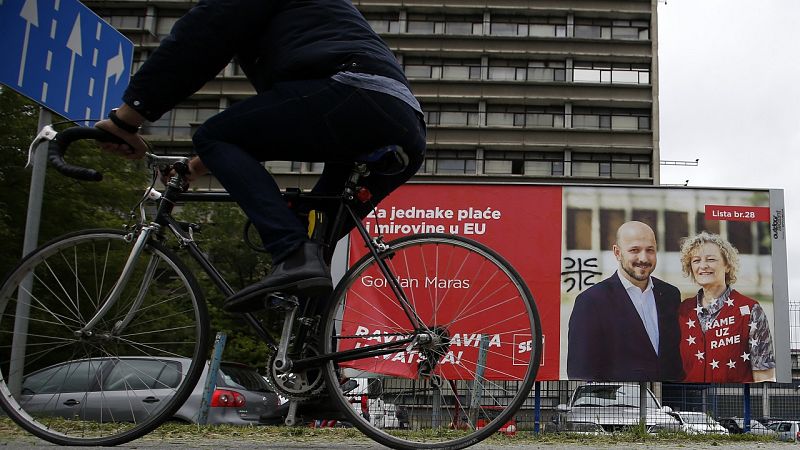
Media outlets and marketing firms are anticipating further clarification on the specifics covered by the new EU regulations governing political advertisements, which will be fully enforceable from 10 October.
The European Commission has pledged to offer additional direction to assist in applying the regulations, and to aid in determining what qualifies as political advertising, but thus far such guidelines have not been released.
Major technology companies Meta and Google have already announced that they will cease running any political, election-related, or social issue advertisements on their platforms within the EU as the new regulations come into effect.
Meta said in a statement released in July, the legislation was described as "posing major operational difficulties and legal ambiguities" and "unfeasible conditions".
The European Union's regulations regarding transparency and targeting of political advertisements (TTPA) – designed to combat misinformation and external interference in electoral processes –entered into forcein April 2024, although the majority of the provisions will be fully implemented on 10 October this year.
Under the rules, political advertisements are required to include a transparency label and explicitly state essential details such as the sponsors, the election they relate to, the funds spent, and the methods used for targeting.
In their public response to the Commission's request for evidence, groups caution about the unclear definition of political advertisements.
The Publishers Council – an association bringing together the heads of Europe's major media companies involved in news, television, radio, and online platforms – is concerned that publishers might struggle to meet the regulations.
"Publishers will not only lack the technical capability to comply, but also the ability to reject political ads if they are delivered via programmatic advertising, thus putting them at significant risk," the feedback stated.
They demand greater transparency regarding the identification of sponsors, standardized formats for disclosures to maintain uniformity, and procedures for verification to confirm the legitimacy of sponsors.
The European Advertisers Standards Alliance, a non-profit organization dedicated to ensuring that advertisements are lawful and honest, states that the definition of political advertising is a "primary issue," and it must "ensure that aspects related to commercial advertising are not included in it."
"The wider definition of political entities [...] can be difficult to apply. We think there is currently no trustworthy information source that a service provider can use to verify a customer or user's political background to determine if they might be considered a political entity," thecontribution said.
The European Broadcasting Union shares these concerns.
The coalition of 113 public service media entities, spanning 56 countries across Europe and other regions, stated that greater clarity is required regarding what political advertising campaigns entail. "It remains unclear whether specific non-paid issue-focused advertisements might fall under this definition," it said.said.
"If a broadcaster chooses to broadcast a series of advertisements promoting more eco-friendly behavior among viewers, could this be considered an 'in-house' initiative aimed at affecting political processes?" it questioned.
The Dutch general election on 29 October will mark the initial instance where EU regulations regarding political advertisements will be fully implemented.
